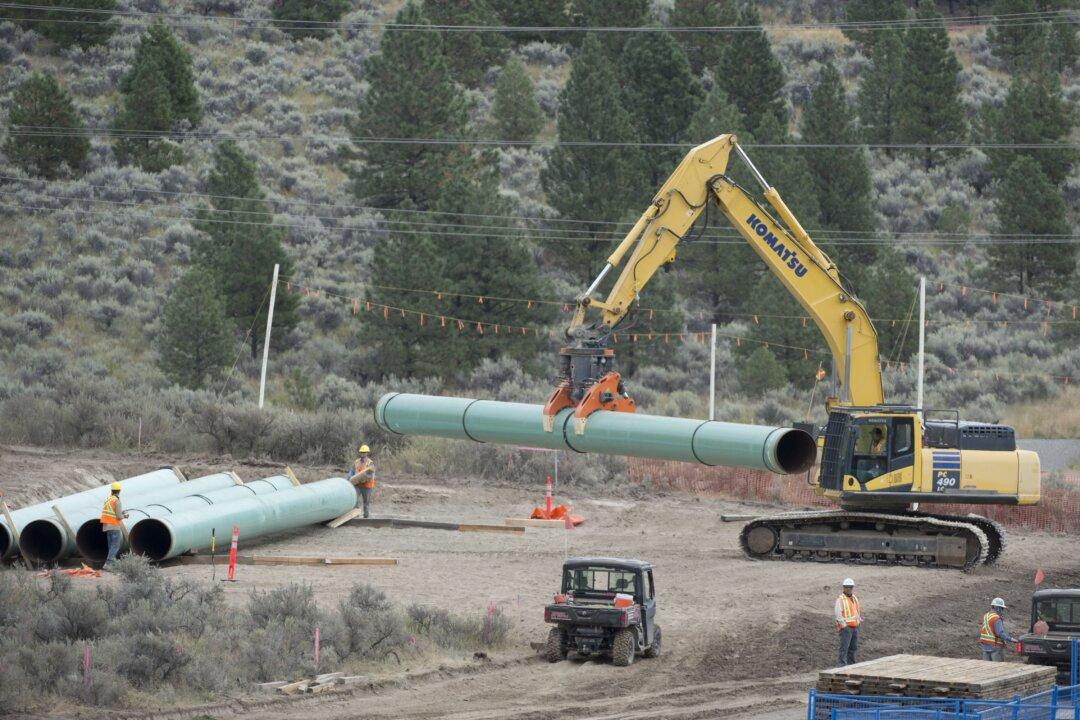Despite the cancellation of Keystone XL, Canada’s natural resources minister is unsure if the country needs more pipelines.
“I don’t know. ... I think the market will decide that and I think investors will decide that,” Seamus O’Regan said at an event in Alberta on June 3.





